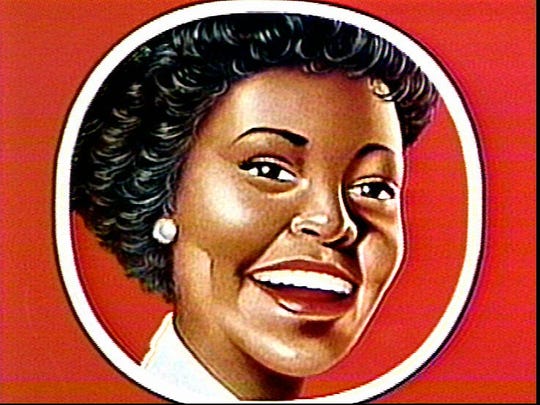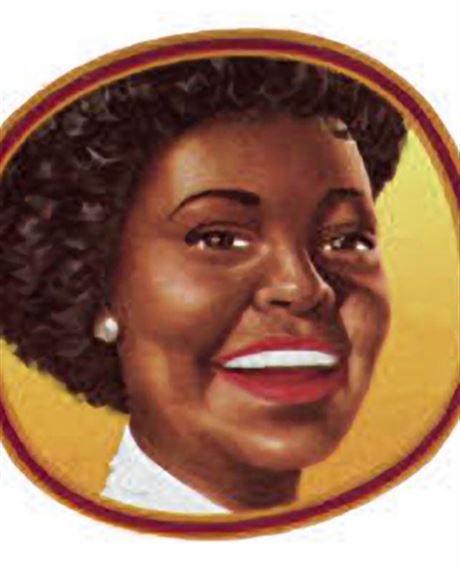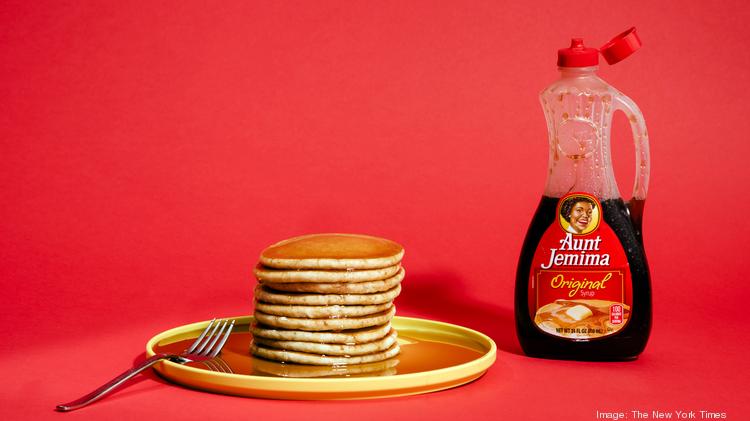
In 1989 quaker removed part of the outfit that was. The woman on the bottle known as aunt jemima is based on a minstrel character from 130 years ago. After many years of black people pointing out that the aunt jemima on the quaker owned pancake syrup is based on racist stereotypes the company is finally just now announcing that both the name and the image of said stereotype will be changed.
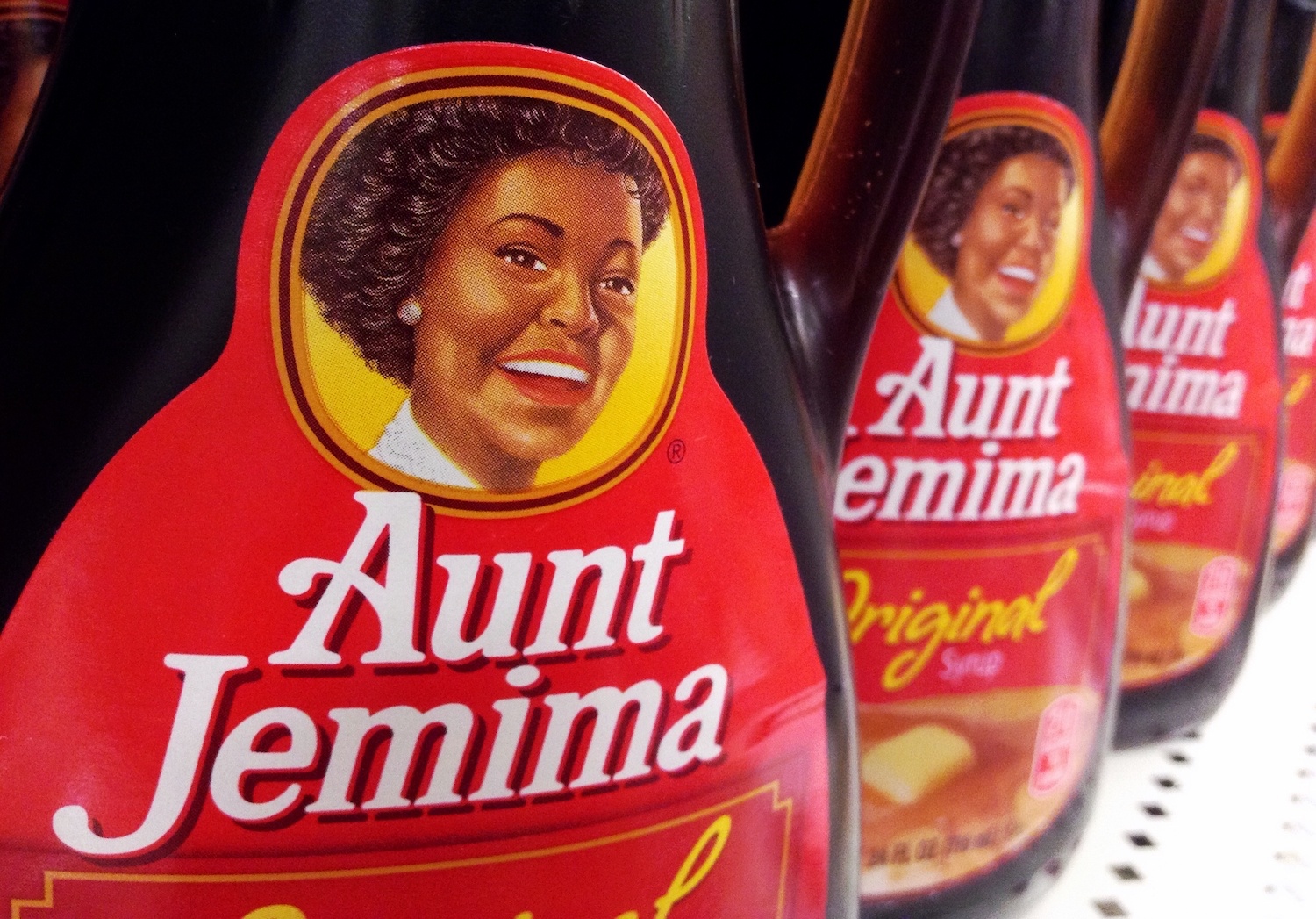
The aunt jemima logo was updated in 1989 for a contemporary look swapping her red bandana with pearl earrings and a lace collar. We recognize aunt jemima s origins are based on a racial stereotype said a spokesperson in a statement. Quaker oats announced this week that it will retire the aunt jemima name and logo.
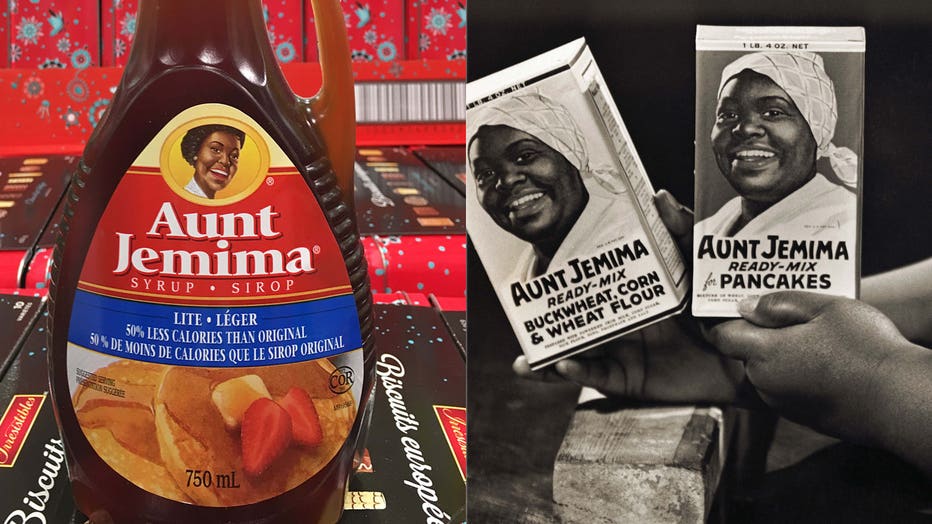
Quaker oats a subsidiary of pepsico has. Chicago aunt jemima syrup pancakes and other products are getting a new name and logo amid criticism that its branding perpetuates a racist stereotype. The logo s original inspiration was a minstrel show around.

Much like the bandito losing his gold tooth the late 80s rebranding was a slow evolution from jemima s original form a crude depiction of the mammy stereotype. In her most recent iteration aunt jemima a smiling caricature of a black woman has been around since 1989. Butterworth s and namely aunt jemima said they would make changes to their logos packaging and even names following.

Starting in mid to late june 2020 many brands with mixed race characters incorporated into their branding including uncle ben s eskimo pie cream of wheat mrs. However the 1989 icon replaces the 1968 one. The wordmark is still used in a few countries to this day.

It is currently owned by the quaker oats company of chicago a subsidiary of pepsico. By 1915 it had become one of the most recognized brands in us history and changed us trademark law. The aunt jemima pancake mix debuted in 1889 the first ready mix.

Aunt jemima is a brand of pancake mix syrup and other breakfast foods.


